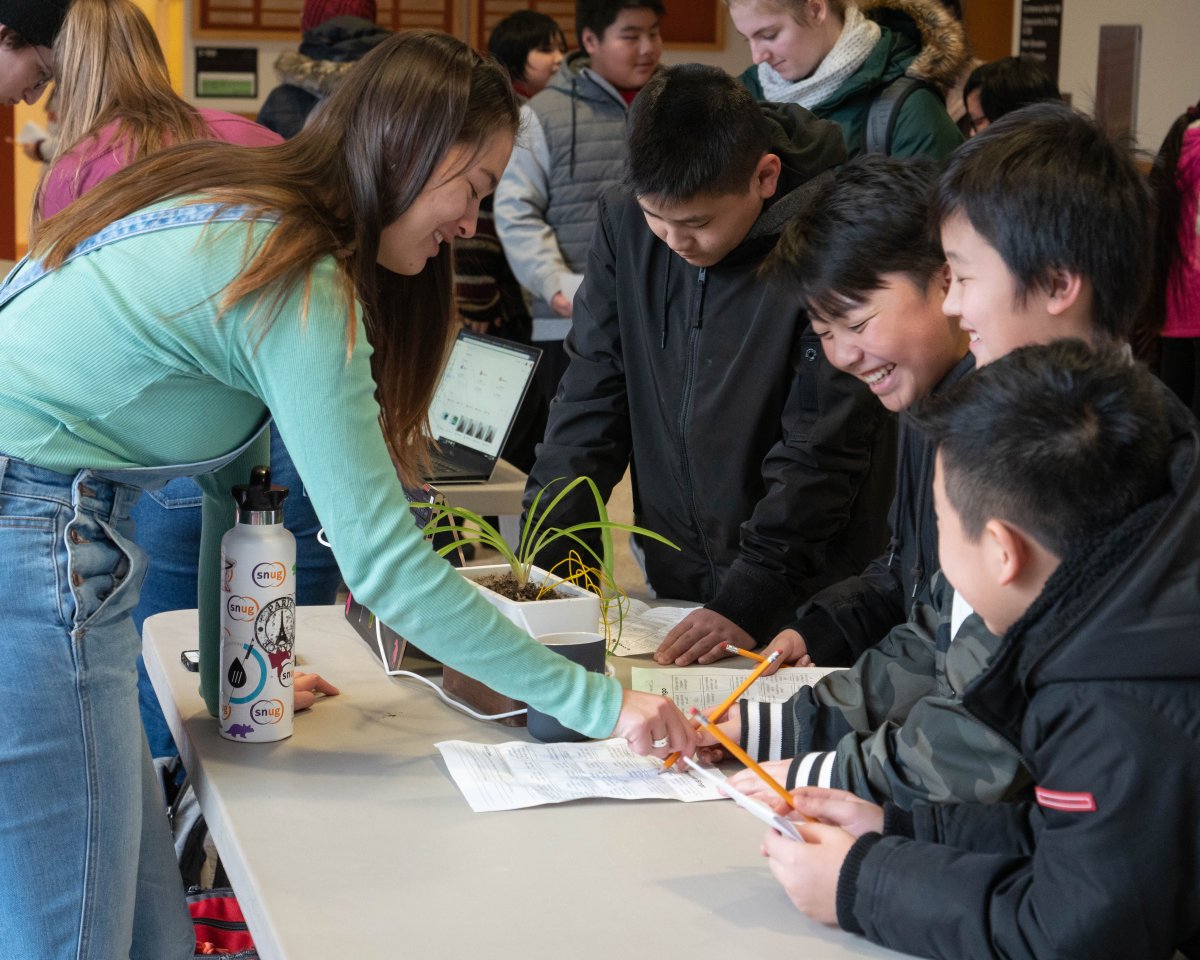Diversity & Inclusivity
The Department of Electrical and Computer Engineering recognizes the contributions made by all members of the community to our success. We are dedicated to improving the climate and wellness for all our community members by identifying key issues related to diversity and inclusion, developing action plans, and hosting events and educational opportunities that promote a culture of support and awareness within ECE.
ECE prides itself on its diversity, graduating students from 36 countries in the past five years, but we realize that work still needs to be done on creating a more welcoming environment for all who wish to pursue innovation and ingenuity through the power of electrical and computer engineering. Our academic and research missions are undergirded by our commitment to diversity and equity. We mirror the University's commitment to diversity, equity and inclusion, and recognize that it is the shared responsibility of students, staff and faculty.
"We all share responsibility for equity and diversity—it’s everybody’s everyday work."
In keeping with our commitment, we affirm the expanded definition of diversity as laid out by the University's Office for Equity and Diversity, "recognizing the importance of ensuring that all members of our community have equitable access to the University and its resources. We center underrepresented populations who face systemic barriers that impact their experiences on campus. Our goal is to reduce or remove barriers for all members of our community."
We recognize our responsibility to confront and address bias and discrimination based on race, color, creed, religion, national origin, gender, age, marital status, disability, public assistance status, veteran status, sexual orientation, gender identity, or gender expression.
To create lasting and positive change ECE has created a departmental action group consisting of students, staff, and faculty. This group meets regularly to plan events that educate, foster conversation, and promote listening. The ultimate goal is to understand how real culture change can happen and putting that understanding into concrete action.
